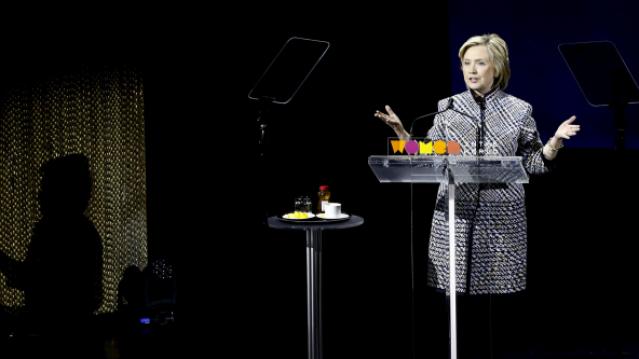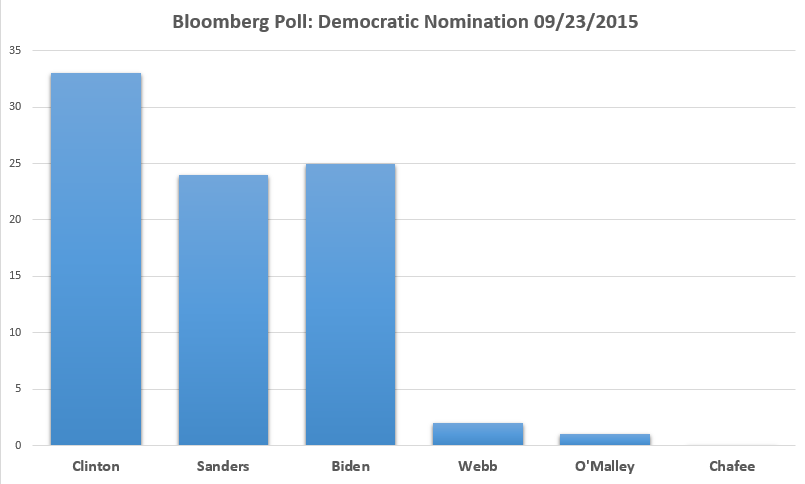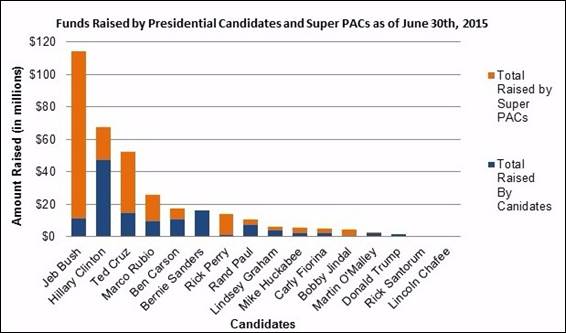A Demographic Edge for Hillary Clinton in 2016
Are the GOP’s 2016 presidential hopes dying out?

No matter how many GOP candidates enter the 2016 presidential sweepstakes, it will be an uphill climb for any Republican to secure the White House. That’s not simply because Democratic voters outpace Republicans by a four-point edge, according to Gallup. It’s because the GOP is dying — literally —according to an analysis published Sunday in Politico.
Seems 2.75 million Republican voters will be dead by the time the 2016 election rolls around, Daniel J. McGraw claims in what he calls his “back-of-the-napkin” math. By comparison, roughly 2.3 million Obama supporters will have died by the time the 2016 election rolls around. McGraw is right, of course, that Republicans tend to be older than Democrats, and that the surge of millennials (about 78 million) tends to vote Democratic. They’re young, energetic, tilt left on social issues like gay marriage and believe women are underrepresented in the boardroom as well as the White House.
Republicans could still connect with millennial voters on economic issues, but on the whole, the demographic trends will only make it harder for the GOP’s eventual nominee.
Related: How the Clinton Scandals Can Bring Down the Democrats
McGraw’s estimates can only go so far, though. They can’t fully account for state-by-state differences that could tilt the Electoral College, and they don’t factor in specific candidates and how they might appeal to various age groups, or not. Can a youthful Marco Rubio, for example, find a way to draw younger voters? Will Hillary Clinton trip over her political baggage, packed in part by her husband?

In the end, regardless of who is nominated by the GOP, the election will rest on the 43 percent of Americans who identify themselves as independents. Including independents, Democrats had a three-point edge as of last year. But if McGraw is right, that edge could widen before long.

Will Trump's Tax Cuts Really Happen? Economists Are Surprisingly Optimistic
Despite all the thorny questions swirling around President Trump's nascent tax reform plan, 29 of 38 economists surveyed by Bloomberg in a monthly poll said they expect Congress to cut taxes by November of next year.
The hitch: The economists don’t expect the cuts will help the economy much. The median projection of a larger group of 71 economists is for 2018 growth of 2.3 percent, up only slightly from 2.1 percent this year — and by 2019, the economists see growth slipping back to 2 percent.




